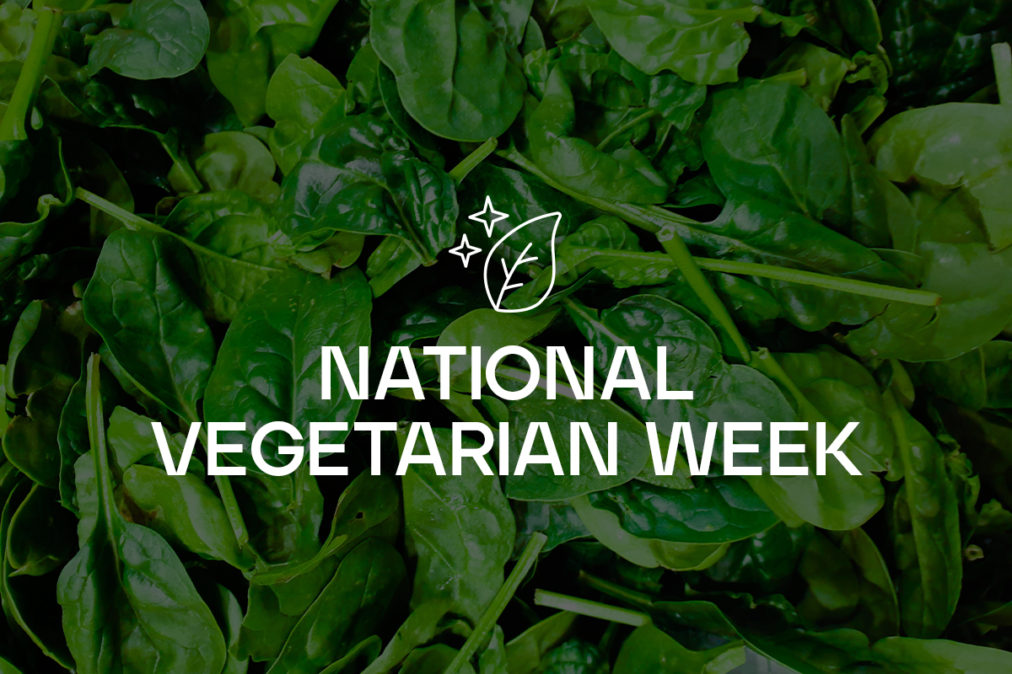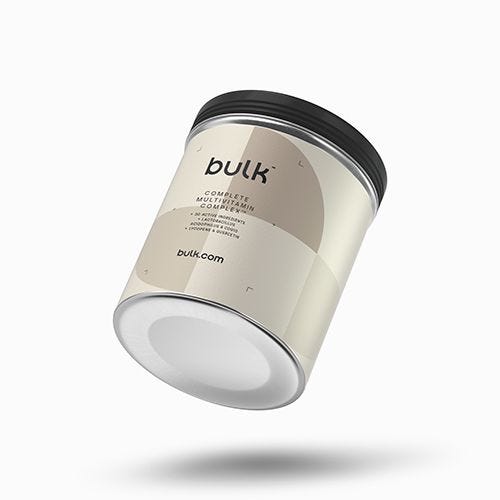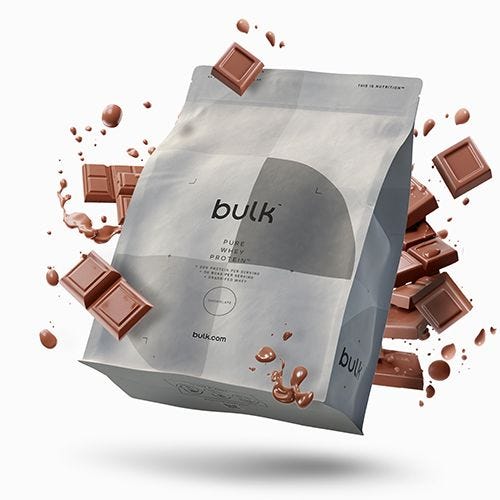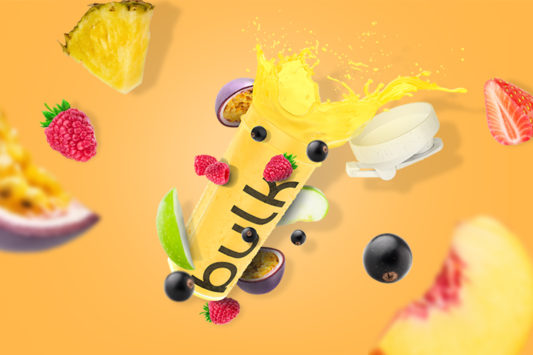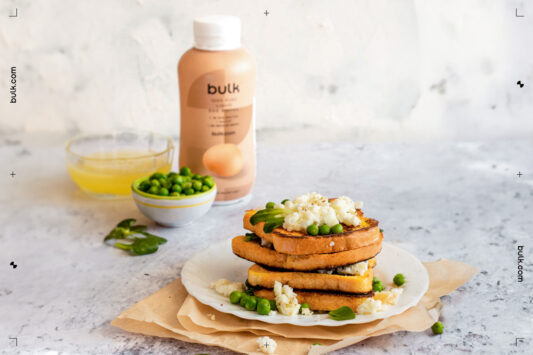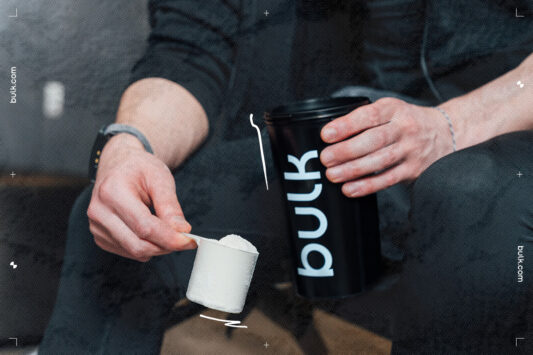National Vegetarian Week is upon us, so we’re embracing all things green. And we’re not alone. In 2020, 6.5 million Brits intended to give up meat for 2021 (according to Finder). However, when this was revisited, only 2% of these plant-powered enthusiasts went through with it (105,000). This indicates that a lot of people understand the benefits of going green, but struggle to follow through with their intentions and fully commit.
And we don’t blame them. Not because vegetarianism doesn’t have mountains of amazing benefits, but because making the switch to a plant-based diet is a huge commitment. A busy lifestyle on a budget can lead to impulse buys and regrettable lapses, through struggles to prioritise such a shift in diet. It’s a lifestyle change, and it’s hard. Support and guidance is essential. That’s where we come in. This article takes you through five tips on how to go vegetarian and stick with it.
1. Do it gradually
Research by the Journal of Clinical Psychology indicates that approximately 54% of people who commit to a lifestyle change fail to make the transformation last beyond six months. This doesn’t bode well for budding veggies.
So, if you want to succeed, it’s important to devote time and really prepare yourself for the change. The first piece of advice is simple. Take it slowly. Making a huge change too abruptly is more likely to fail. You may feel super motivated at the start, but that can fade, leaving you with discipline and habit to see you through. Allow your body and mindset time to adapt. You don’t have to go cold turkey (not sure if that’s a pun, but we’ll take it).
You could try starting with one meat-free day a week, then add days as the weeks go on. Alternatively, it might suit you to try one plant-based meal per day, and work up to three. Find what works for you. We all love a goal, so why not schedule your progress with a timeline (similar to achieving a fitness target or personal best)? You wouldn’t double your deadlift weight in one session. And there’s a reason why Couch to 5K is so successful as a nine-week programme. Be patient. Build yourself up gradually. Let the change slowly weave its way into your life, building into your routine over time to become solid and strong.
2. Tell others your intentions (if you’re brave enough)
This one’s a very personal choice. But it may be worth telling friends and family, not just for practical reasons (that Christmas nut roast recipe might need some practice), but also as a tool for you to stay committed.
An accountability study carried out by The American Society of Training and Development (ASTD) discovered that you have a 65% chance of completing a goal if you share your commitment with someone. Telling others your intentions can help you achieve success. That competitive spirit comes out, and we like to prove that we can achieve. Natural human instinct.
3. Embrace the swaps
Now onto the actual food. Many budding vegetarians struggle to give up their meat-based favourites. Consider your go-to non-vegetarian meals, and see how you can make them veggie. Whether it’s a bean burger, chickpea curry or a veggie lasagne, it could be as simple as a one-ingredient swap. But it’s also an opportunity to try new culinary delights and get creative. Explore new recipes. Have fun with it. Try to stay away from processed substitutes if you can. Your health is the priority here.
And if you need to add some sauce to that burger or spice up your curry, you might like to try our new Low Calorie Sauces. Vegetarian friendly, they’re an ideal low-calorie substitute for your regular condiments. Perfect for a summer barbecue with your falafel wraps or plant-based burgers.
4. Make sure you’re not missing out on nutrients
Well-planned vegetarian and vegan diets can be enriching and nutritious. But it’s a big change. It’s important to make sure you’re getting enough vitamins and minerals. Remember, this is your fuel. Your body will feel it when something is lacking. Do your research, so you understand how to give your body what it needs. For example, plenty of spinach will give you the iron you might be lacking from red meat. As well as eggs and dairy products, good sources of B vitamins (found in poultry) include leafy green vegetables, pulses, nuts and seeds. Avocados and olives will give you those good fats found in oily fish. Try and think along these lines. You might also like to take an all-round supplement, such as our Complete Multivitamin Complex™. You see? We like to help make things easy for you.
5. Be purposeful with your protein
As a vegetarian, how do I eat more protein? A common question. As you well know, protein is not synonymous with meat. Beans, eggs, milk, nuts and seeds are fantastic natural sources. This is obviously our specialist subject. And you can find plenty of protein from us to play around with. Get creative with your protein powders. Don’t forget it can be added to breakfast oats and baking. Swap your usual snack for a protein bar. Those extra gains double up as a well-deserved reward for all your efforts.
Going green doesn’t need to be complicated, daunting or expensive. Do your research and check you’re getting the right balance of protein, carbs and fat. Talk to people for advice – your doctor, healthcare professionals, vegetarian/vegan friends. Just remember, your health should always be your number one goal.
We believe in sharing, and we’d love to know what you think, so don’t forget to tag us in your creations using Bulk™ products. Check out @bulk for recipes, ambassador workouts and tips. Join our community of fitness lovers and foodies by tagging #TeamBulk. You’ll find plenty of inspiration from our foodie ambassador at Nadia’s Healthy Kitchen.
